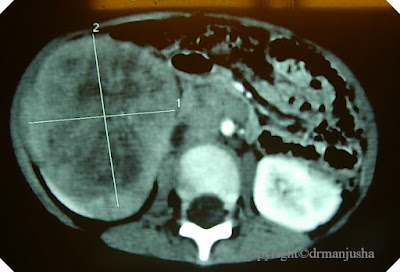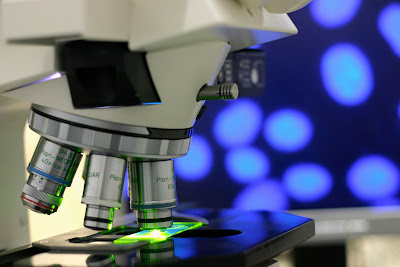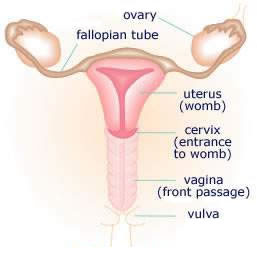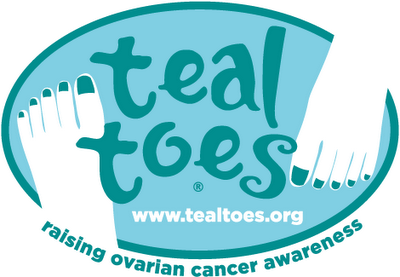Ovarian Cancer Prognosis Biography
source(google.com.pk)
Partial hysterectomy or total hysterectomy. A partial hysterectomy removes your uterus, and a total hysterectomy removes your uterus and your cervix. Both procedures leave your ovaries and fallopian tubes intact, so you can still develop ovarian cancer.
Total hysterectomy with salpingo-oophorectomy. This procedure removes your cervix and uterus as well as both ovaries and fallopian tubes. This makes ovarian cancer less likely to occur, but it does not remove all risk. You still have a small risk of what's called primary peritoneal cancer, which acts just like ovarian cancer and is treated similarly. Peritoneal cancer may result from ovarian cells that migrated to the peritoneal area during each menstrual cycle before your ovaries were removed. These cells can become cancerous later on. Alternatively, since the peritoneum and ovaries arise from the same tissues during embryonic development, it's possible that cancer could arise from the cells of the peritoneum.
A Pap test is a screening test for cervical cancer, but it can't detect ovarian cancer. Currently, there are no effective screening tests for ovarian cancer. If you've had your cervix removed as part of a total hysterectomy, you usually don't need an annual Pap test. But if your hysterectomy was done because of cancer of the cervix or abnormal cells were previously found on the surface of your cervix (dysplasia), your doctor may recommend continued Pap tests.
You may still need regular pelvic exams after hysterectomy. Ask your doctor how often you should have a pelvic exam.
Ovarian Cancer Prognosis Sign Ribbon cells Horoscope Symbol Tattoos Research Zodiac Sign Ribbon Tattoos
 |
Ovarian Cancer Prognosis Sign Ribbon cells Horoscope Symbol Tattoos Research Zodiac Sign Ribbon Tattoos |
 |
Ovarian Cancer Prognosis Sign Ribbon cells Horoscope Symbol Tattoos Research Zodiac Sign Ribbon Tattoos |
 |
Ovarian Cancer Prognosis Sign Ribbon cells Horoscope Symbol Tattoos Research Zodiac Sign Ribbon Tattoos |
Ovarian Cancer Prognosis Sign Ribbon cells Horoscope Symbol Tattoos Research Zodiac Sign Ribbon Tattoos |
 |
Ovarian Cancer Prognosis Sign Ribbon cells Horoscope Symbol Tattoos Research Zodiac Sign Ribbon Tattoos |
Ovarian Cancer Prognosis Sign Ribbon cells Horoscope Symbol Tattoos Research Zodiac Sign Ribbon Tattoos |
Ovarian Cancer Prognosis Sign Ribbon cells Horoscope Symbol Tattoos Research Zodiac Sign Ribbon Tattoos |
Ovarian Cancer Prognosis Sign Ribbon cells Horoscope Symbol Tattoos Research Zodiac Sign Ribbon Tattoos |

Ovarian Cancer Prognosis Sign Ribbon cells Horoscope Symbol Tattoos Research Zodiac Sign Ribbon Tattoos
Ovarian Cancer Prognosis Sign Ribbon cells Horoscope Symbol Tattoos Research Zodiac Sign Ribbon Tattoos
Ovarian Cancer Prognosis Sign Ribbon cells Horoscope Symbol Tattoos Research Zodiac Sign Ribbon Tattoos |
Ovarian Cancer Prognosis Sign Ribbon cells Horoscope Symbol Tattoos Research Zodiac Sign Ribbon Tattoos |





























